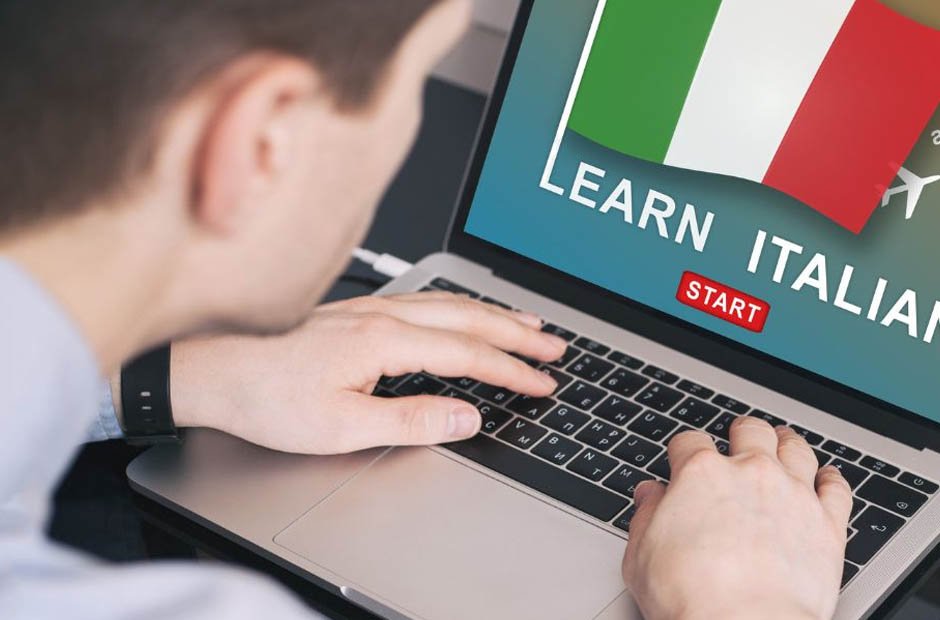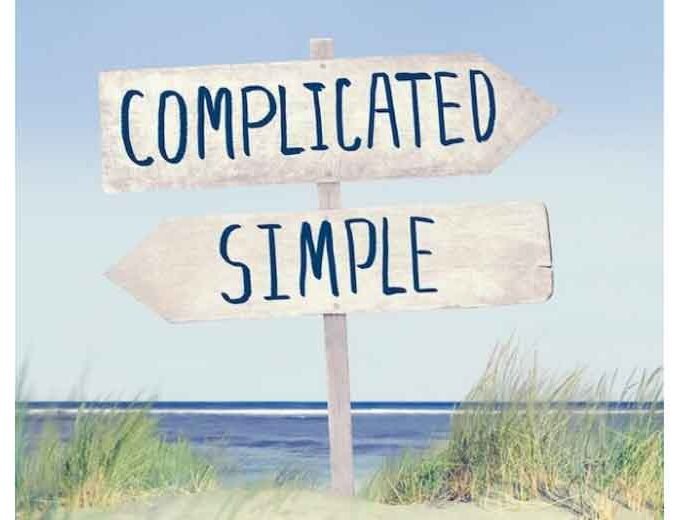Start Learning Italian Today
Embarking on the journey of learning a new language is always an exciting adventure. As an avid language learner, you’re likely curious and eager to dive into the Italian language. But where should you start learning Italian? How do you navigate the maze of Italian grammar, pronunciation, and vocabulary?
Italian is a beautiful Romance language that is not only melodious but also rich in culture and history. Learning Italian can be a fascinating and fulfilling language learning journey, but it requires commitment, practice, and the right resources. This guide is designed to help you make your first steps into Italian for beginners as smooth as possible.
The Basics: Italian Pronunciation and Grammar
Italian pronunciation is one of the most important elements to get right when starting your language learning journey. Pronunciation rules in Italian are straightforward and much more phonetic than in English, meaning the words sound the way they are written. Practice speaking and listening to native Italian speakers for the correct pronunciation of Italian words and phrases.
Italian grammar may seem daunting initially, but it becomes more manageable with practice and study. Italian grammar rules include verb conjugations, noun genders, and a variety of tenses. For example, Italian verbs are usually conjugated in the present tense for beginners like “io sono” (I am) and “sto bene” (I’m fine). Getting a grasp of these grammar structures early in your learning process can greatly facilitate your progress.
Mastering Italian Vocabulary
Italian vocabulary is the cornerstone of speaking Italian fluently. Start with simple Italian phrases, basic Italian words, and gradually expand to more complex sentences. There is a multitude of resources available to learn Italian, such as language textbooks, Italian books, and free access to language resources online.
Learning Italian requires not just understanding Italian nouns and verbs, but also getting the feel of how Italian language skills are used in real life. Engaging with Italian culture through short stories of different genres or even Italian movies can greatly aid in acquiring new words and phrases in context.
Practice exercises are also a crucial part of the learning process. Practice speaking, writing, and reading in Italian at your own pace. Remember, the key to success in learning Italian or any new language lies in consistency and regular practice.
FAQs
How do I start learning Italian for beginners?
Starting to learn Italian begins with understanding the basics. First, familiarize yourself with the Italian pronunciation of the alphabet, then move on to simple words and phrases. Use resources like language learning apps, Italian textbooks, or online lessons to guide your learning.
How can I learn Italian by myself?
Self-study can be a highly effective method for learning Italian. You can use resources such as language learning apps, books, websites, and even YouTube videos to guide your learning. Practice is crucial, so make sure you allocate time daily for studying Italian, listening to the language, and practicing speaking.
Is it easy to learn Italian?
Like any language, Italian can be challenging to learn, especially for complete beginners. However, it is considered one of the easiest languages for English speakers to learn, given its phonetic nature and many similarities in vocabulary. With consistent practice, learning Italian can certainly be manageable and rewarding.
















